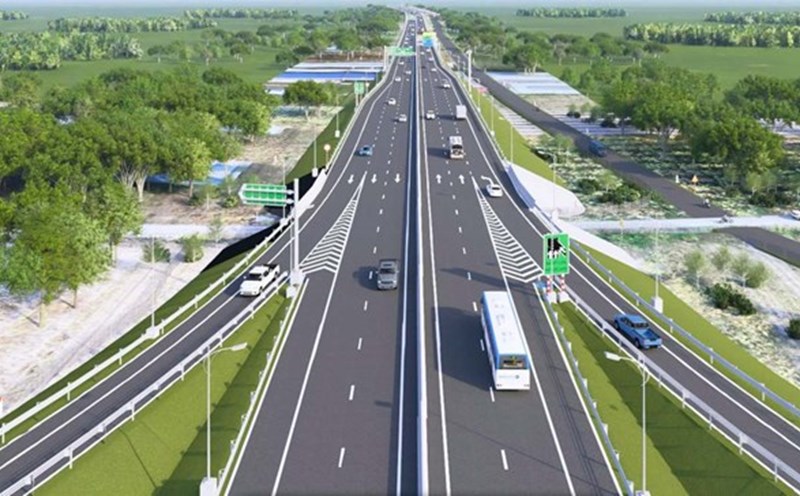On September 26, the UK government announced plans to deploy mandatory digital identification cards for all citizens and residents when starting a new job. Prime Minister Keir Starmer affirmed that this will be one of the key steps to help " tighten the labor market" and end the situation of illegal immigration.
The digital identification card will be stored directly on mobile phones and become an official inspection tool in the recruitment process. The Government also aims to expand the application to the fields of social welfare, healthcare, education and tax records, expected to be completed before 2029.
Mr. Starmer's statement immediately faced strong reactions from the opposition. The reform UK, which is leading a number of public opinion polls, believes the plan does not solve the problem at its root, as the majority of illegal immigrants work without books and are paid in cash. According to them, the mandatory card issuance only increases the burden and violates the freedoms of citizens who comply with the law.
In Northern Ireland, Sinn Fein leader Michelle O'Neill also spoke out against the policy, calling it an "unreasonable and dangerous" policy as it risks undermining the 1998 Good Friday Agreement - an agreement that ended decades of bloody conflict in Northern Ireland. She stressed that many Northern Irish residents carry Irish passports, not English passports, so the use of digital cards could divide the community.
This is not the first time the UK has tried to adopt the form of personal identification. Since the early 2000s, the Party government under former Prime Minister of the United Kingdom of Great Britain and Northern Ireland - Tony Blair - has proposed a ID card bill, but the plan has been canceled due to concerns about violating civil rights.
For decades, the UK has been one of the few European countries that have not issued ID cards to all people. People often use a passport or driver's license to prove their identity when necessary. However, the current context has changed as immigration has become the hottest issue in public opinion polls.

However, many experts warn that there are major challenges ahead. The deployment of national-scale technology requires huge costs and a powerful security system. If data is leaked, millions of people are at risk of privacy violations.
Despite the criticism, Prime Minister Keir Starmer affirmed his determination to do it to the end. We need a modern system to ensure a safe border and protect jobs for British workers, he said.












